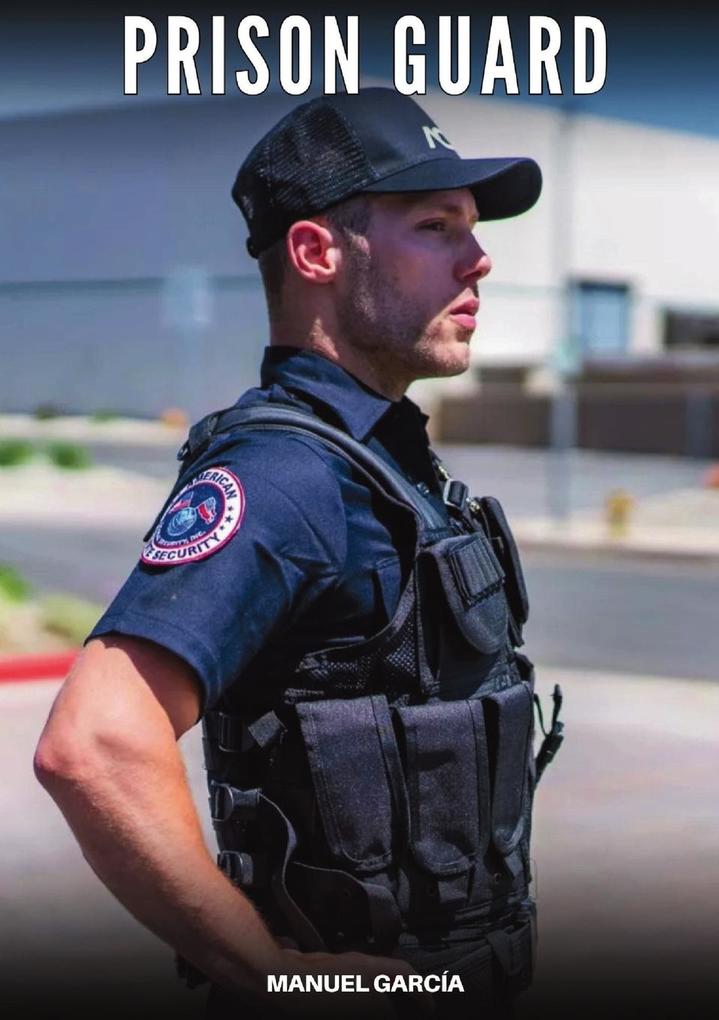In Prison Guard, Manuel García strips gay eroticism to its muscular core. These stories are about real men-solid, weathered, often silent. They move through spaces where tension hums beneath the surface: locker rooms, prison corridors, park benches at night. Here, desire doesn't ask-it challenges, brushes up hard against power, silence, and instinct. No sentiment. No pretense. Just bodies, will, and the unsaid.
The title story unfolds on the edge of danger and control. Leroy, a 55-year-old prison guard with a body like carved obsidian, meets the narrator at a university party. What begins as curiosity about prison life and "men who give themselves" turns into something quieter, darker, and more loaded: a walk through a park at night, no touch, just questions. Tension thick enough to taste.
"How do you feel," he asked, his voice steady in the dark, "sitting alone in a park with a black man you barely know?"
I looked at him.
"I feel like I want you to touch me."
He didn't. Not yet.
He just smiled, and said: "Tomorrow. Nature reserve. Be ready."
García writes with the weight of sweat, stubble, and breath. Prison Guard is not a book about sex-it's about the slow ignition before the first move. The beat before surrender. The pull between fear and craving.
Because sometimes the most erotic thing a man can do... is wait.





































